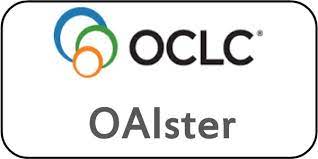Navigating Choices: A Questionnaire-based Study on Usage of Antiplatelet Therapies in Management of Acute Coronary Syndrome in India
DOI:
https://doi.org/10.59793/ijcp.v34i12.1003Keywords:
Percutaneous coronary intervention,, acute coronary syndrome,, dual antiplatelet therapy, ticagrelorAbstract
Percutaneous coronary intervention (PCI) is a common invasive cardiac procedure used to treat acute coronary
syndrome (ACS). The main objective of anticoagulant therapy in PCI is to minimize the risk of plaque rupture and decrease
the formation of blood clots. Understanding clinicians' prescription patterns is crucial for optimizing treatment strategies
for patients with ACS who have undergone PCI. Methods: It was a cross-sectional, questionnaire-based, noninterventional
study which included questionnaire responses from 136 cardiologists, regarding usage of antiplatelets in ACS management.
Results: Ticagrelor and aspirin dual antiplatelet therapy (DAPT) is favored by 54% cardiologists in managing ACS patients
who have undergone PCI, regardless of the presence or absence of type 2 diabetes mellitus (T2DM). Further, 78% of the
participants preferred long-term DAPT over short-term and medium-term alternatives. Forty percent respondents preferred
a 1-month triple antithrombotic therapy (TAT) for PCI patients with atrial fibrillation. Additionally, the study emphasized
the importance of considering factors like age, bleeding history, hemoglobin, and creatinine clearance in determining the
optimal antithrombotic strategy. Conclusion: This study contributes valuable insights into the real-world practices of health
care practitioners, paving the way for more informed and personalized ACS management strategies in Indian patients.
Downloads
Published
Issue
Section
License
All open access articles published in IJCP are distributed under the terms of the CC BY-NC 4.0 license (Creative Commons Attribution-Non-Commercial 4.0 International Public License). This license permits unrestricted use, distribution, and reproduction of the articles in any medium for non-commercial purposes, provided that: The original authorship is properly and fully attributed. The IJCP is cited as the original place of publication with correct citation details. If an original work is reproduced or disseminated in part or as a derivative work, this must be clearly indicated. No articles are reproduced for commercial use without prior consent from the IJCP. All licensing requests and permissions for commercial use will be managed by the Publisher.














